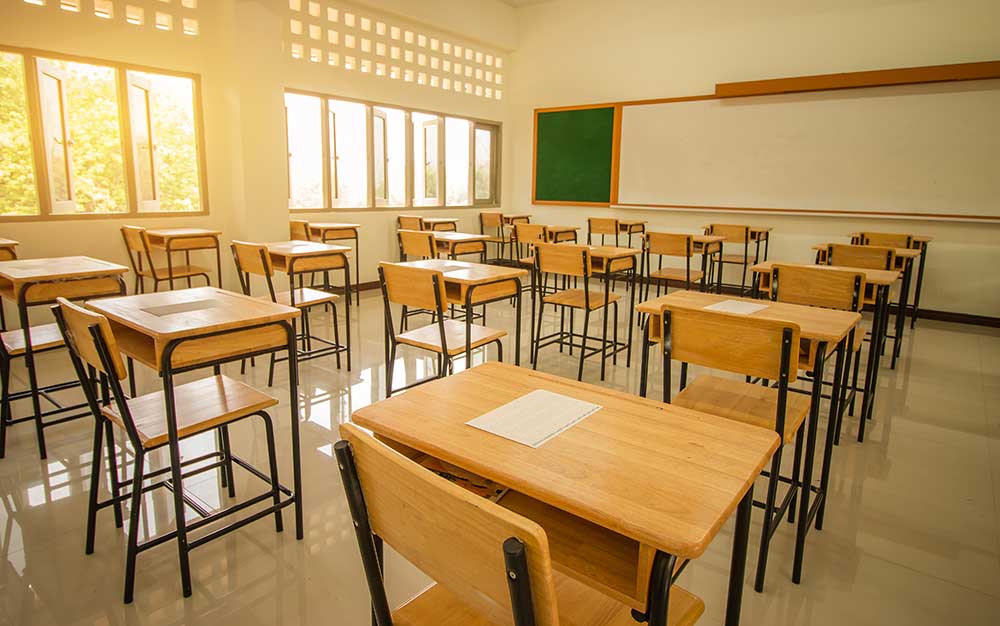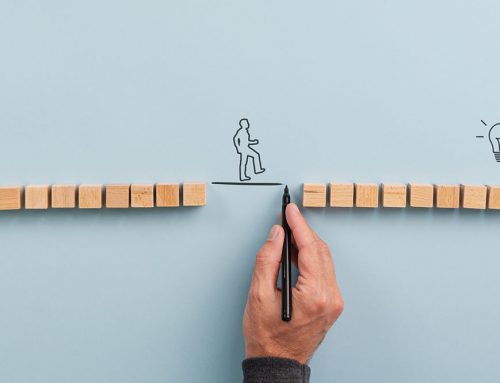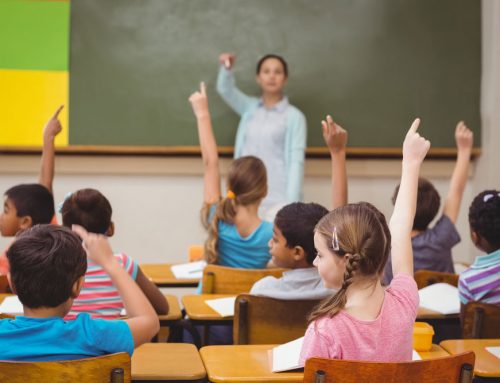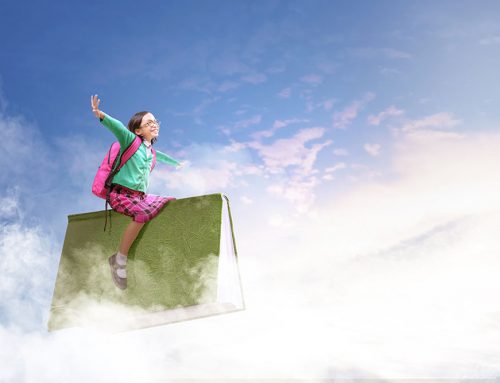Many studies proved that school plays a significant role in the development of a child. Since they spend most of the time in a school environment, children are influenced by teachers and their peers. In early childhood, the time at school is very crucial to sculpt the children’s mind for learning. Most of the schools focus on academics, but few schools help in holistic development of children. Along with academics, schools also need to provide activities to build global citizens. Schools must also encourage students to be part of extracurricular activities. For holistic development of children, schools must offer the following aspects.
- Academic Importance:
Most of the parents expect the children to score high grades in academics. Academic content improves the knowledge of the children. However, academics is not just remembering the content, it demands to apply the content in real-life situations. Schools also help children to solve problems in various situations. In the context of knowledge, school provides opportunities for children for maximum academic potential. Teachers are trained to use various strategies to help the students. Students also experience a festive learning environment at schools.
- Character Building:
Along with academics, school also fosters children in character building. Character building happens in many ways at schools. It happens through curriculum, sports, cultural activities, community service and more. School sets a tone of honesty, kindness, and respect. At school, children learn from peers and teachers in character building. Throughout their life, students carry these character traits.
- Social skills:
Academicians and researchers identified that social skills are very important for holistic development of a child. A school plays a significant role in developing social skills. School environment is the first place for children to socialise. Teachers at primary school begin to create an environment for children to have social experience. The development of social skills can be observed during the interactions with peers and teachers in the classroom, cultural performances, debates, assemblies, sports and many circumstances. These social skills help the students to maintain healthy relationships with others in every situation after school. Children who have good social skills are open-minded for new learning experiences at school. These children also influence peers to develop a positive environment for great learning.
- Care:
During their childhood, children require a lot of care from parents as well as teachers. Usually, children come to international schools from various cultures, communities, households, and financial abilities. In this case, children must be educated to be open-minded, empathetic, and caring. So, children learn to respect others. To create such an environment, most of the international schools train their teachers.
During the online classes, children also experience stress. This leads them to perform poorly in academics and social life. Along with online classes, students may carry any other stress due to other reasons. The stress also drives children to have disruptive tendencies or behavioural problems. The children with stress may create a toxic environment for themselves and as well as people around them. To deal with stress, children need a lot of support from the school. In this case, schools need to provide pastoral care sessions and mindfulness activities for children. A school also needs to organise programs to train the counsellors and the teachers to identify and solve the early signs of children’s stress.
- Creating Thinkers:
Schools create opportunities for children to apply thinking skills in real-world challenges. For instance, schools organise debates where children get opportunities to present their thoughts and opinions on a topic. Here, children observe various perspectives of peers which are not accessible in books. When they participate in these debates, children develop skills to reflect on various global issues.
In Schools, children also develop critical-thinking skills when teachers share creativity, imagination, and thinking skills. This is one of the vibrant ways that children nurture creative, analytical, imaginative, and critical thinkers. In many cases, children are inspired from teachers’ own thinking in the classroom. When they become critical thinkers, children make best decisions, observe their personal limitations, depend on evidences to make judgements, and show interest in others’ ideas.
- Physical developments:
Children need unconstrained space to steer their energy. When compared to space at home, school provides a huge space for children to participate and channelize their energy at various activities. Sports, theatre, dance, and art are the best examples that support children to channelize their infinite energy into something fruitful.
The above six aspects are a few examples that school environments influence the holistic development of children. This evidence suggests that school plays a significant role in children’s overall development. The aspects also reflect the school’s responsibility in children’s growth, and resonates that schools’ programs are the foundation of our society.






Leave A Comment